You can't learn in school what the world is going to do next year
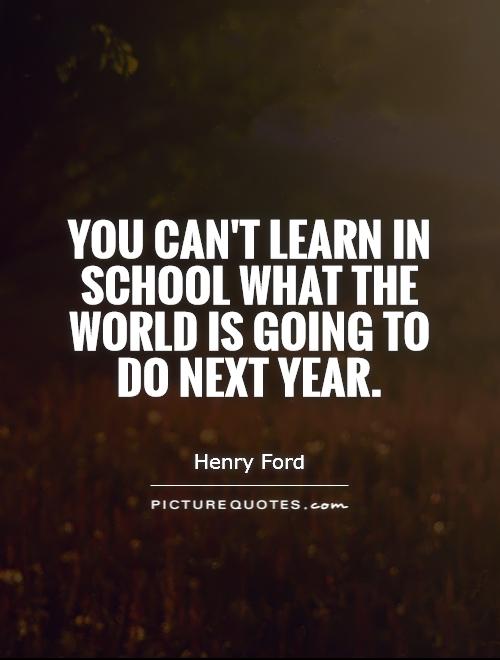
You can't learn in school what the world is going to do next year
Henry Ford, the founder of the Ford Motor Company and a pioneer in the automobile industry, famously said, "You can't learn in school what the world is going to do next year." This statement reflects Ford's belief in the importance of practical experience and real-world knowledge over traditional education. Ford himself was a self-taught engineer and inventor, and he believed that hands-on experience was the best way to learn and innovate.Ford's own life story is a testament to the idea that formal education is not always necessary for success. He grew up on a farm in rural Michigan and had only a basic education, but he had a natural talent for mechanics and engineering. He began working as an apprentice at a machine shop at a young age, and he quickly rose through the ranks to become a skilled machinist and engineer.
Ford's experiences in the machine shop taught him valuable lessons about the practical aspects of engineering and manufacturing. He learned how to design and build machines, how to troubleshoot and repair mechanical problems, and how to work efficiently and effectively. These skills would serve him well when he later founded the Ford Motor Company and revolutionized the automobile industry.
Ford's belief in the importance of practical experience over formal education is reflected in his approach to innovation and business. He was known for his hands-on approach to problem-solving and his willingness to experiment and take risks. He famously introduced the assembly line production method, which revolutionized the manufacturing process and made cars more affordable and accessible to the average consumer.

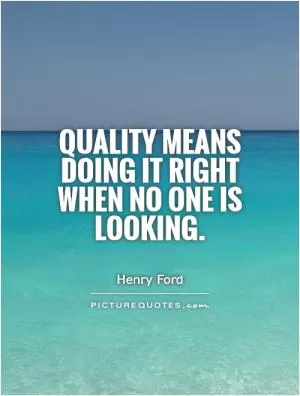

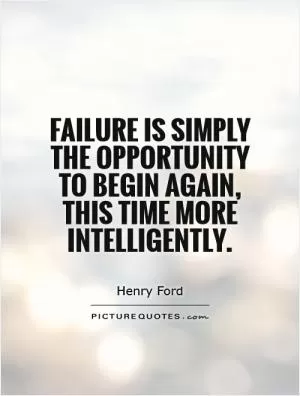
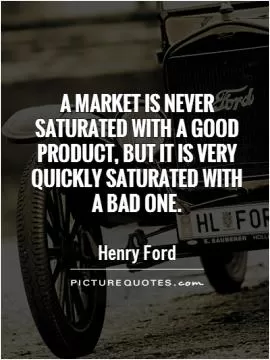
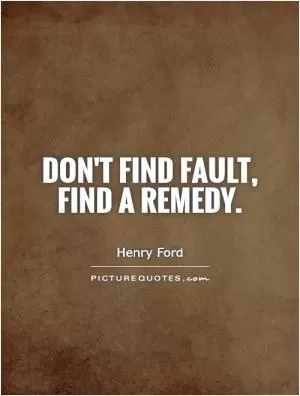


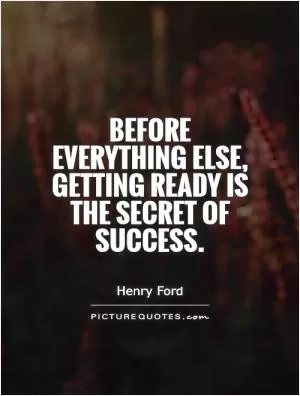
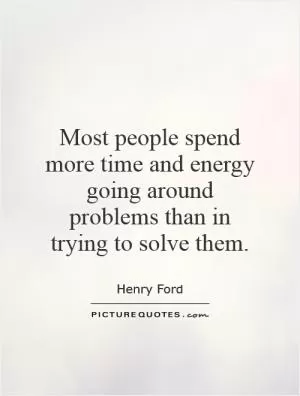
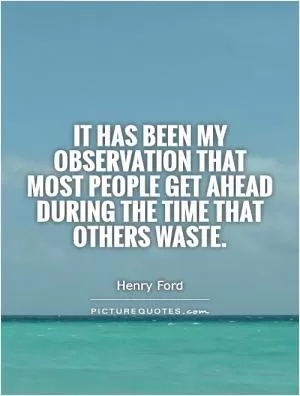
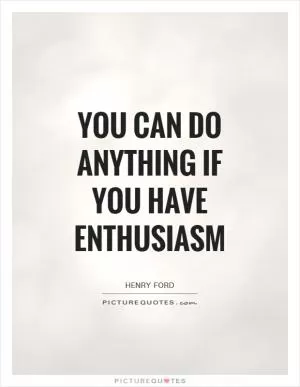
 Friendship Quotes
Friendship Quotes Love Quotes
Love Quotes Life Quotes
Life Quotes Funny Quotes
Funny Quotes Motivational Quotes
Motivational Quotes Inspirational Quotes
Inspirational Quotes